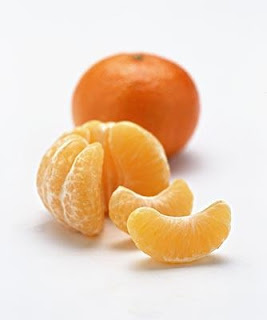It
has been a few weeks learning Mandarin Chinese. My approach with this language
is different from other languages. When I learned French, Italian, and Spanish
I took classes at a community college or University. While living in Mexico I
studied Swedish and Spanish with Rosetta Stone. In class I was always given a
syllabus to follow and assignments to complete. I had exams that I needed to pass.
When
I started Pimsleur, and Introduction to Mandarin Chinese, I took a different
approach and started to learn the language phonetically. This simply means that
I am listening to the spoken language and learning it by ear. Some say that we
should start off with both reading and listening. Usually that is what I do. But Chinese is so different from anything
that I have known, I decided that I needed to listen to the language, the
phonemes and most important – the tones. Chinese words rise, fall, plateau,
fall and rise again. The words remind me of rough ocean waves with their rising
and falling. The words and phrases are a series of peaks and valleys, as if
nature formed this language rather than the pragmatic need to communicate.











